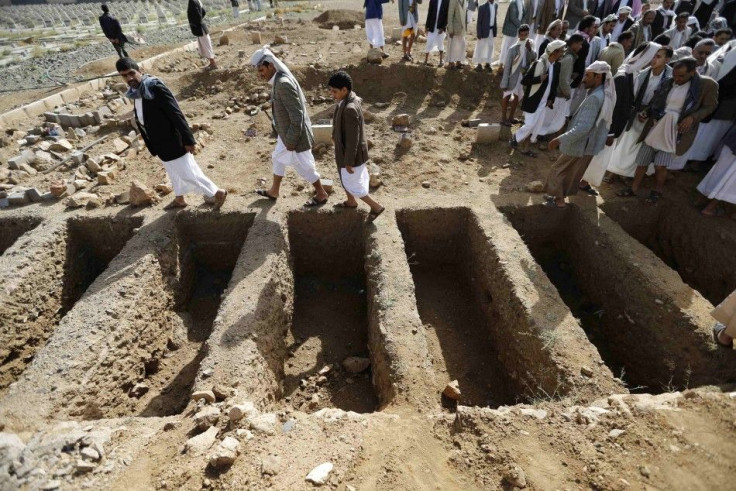CIA Operations Hit by US Embassy Closure in Yemen: Anti-Al Qaida Drone Strikes May Go Awry

The closure of U.S. embassy in Yemen is likely to affect the operations of the Central Intelligence Agency there, according to top U.S. intelligence officials. Although CIA officers could work out of U.S. military installations, intelligence operations will be hit as they are mainly run from the embassies.
The Fox News reports the issue and makes a comparison of the predicament faced by the CIA in Yemen with that of the hardship it had in Syria, where it lost visibility when the embassy was evacuated in 2012.
Drone Strikes
In Yemen, the CIA's main role has been to gather intelligence about members of Al Qaeda in the Arabian Peninsula and planning drone strikes to hit them. Both the CIA and the military's Joint Special Operations Command were running separate drone killing programs in Yemen. But the CIA was ahead with the majority of the strikes.
Meanwhile, as soon as the U.S embassy was closed and staff fled the strife torn capital, there was more embarrassment in store. The armed rebels in capital Sanaa seized the U.S. embassy vehicles after the diplomats left the country. This has been confirmed by Pentagon spokesman Col. Steve Warren, who said the vehicles were taken away by Houthi rebels after the U.S. Marines guarding the embassy left. Some reports also said more than 20 vehicles were taken by the rebels from the American embassy.
The State Department had announced the closure of U.S. Embassy in Yemen on Tuesday and evacuated staff after the country was taken over by Shiite rebels. Britain and France also followed suit and asked citizens to leave Yemen at the earliest, reports Associated Press.
The U.K. minister for the Middle East, Tobias Ellwood, urged all British citizens still in Yemen to "leave immediately." The U.S State Department spokesman Jen Psaki also confirmed the relocation of diplomatic personnel "due to the ongoing political instability and the uncertain security situation."
Worsening Crisis
Yemen crisis worsened after Houthi rebels started besieging the capital Sanaa and took over its control and forced the resignation of the U.S. and Saudi-backed president Abed Rabbo Mansour Hadi and his government.
The rebels, armed with Kalashnikov assault rifles and dressed in police uniforms, are patrolling the main boulevards of the capital city. They are moving around in pickup trucks mounted with anti-aircraft guns.
The Houthi rebels also enjoy the support of troops loyal to former President Ali Abdullah Saleh. They together took full control of the Bayda province, adds the AP report.
(For feedback/comments, contact the writer at kalyanaussie@gmail.com)





















